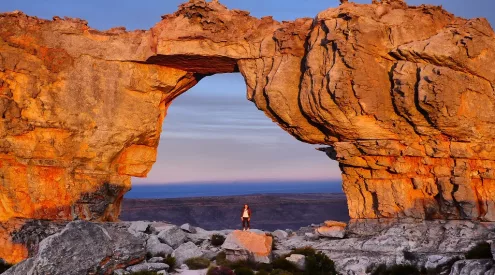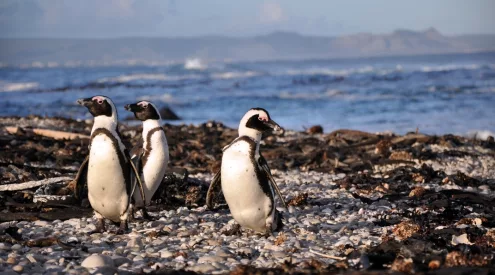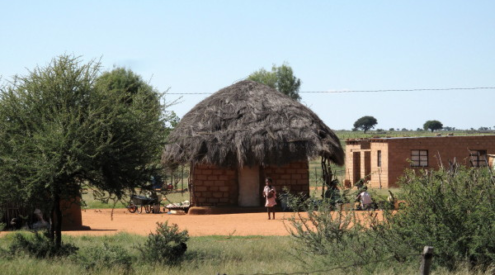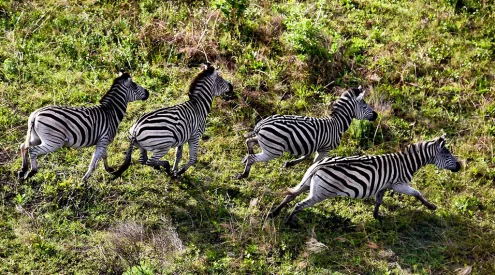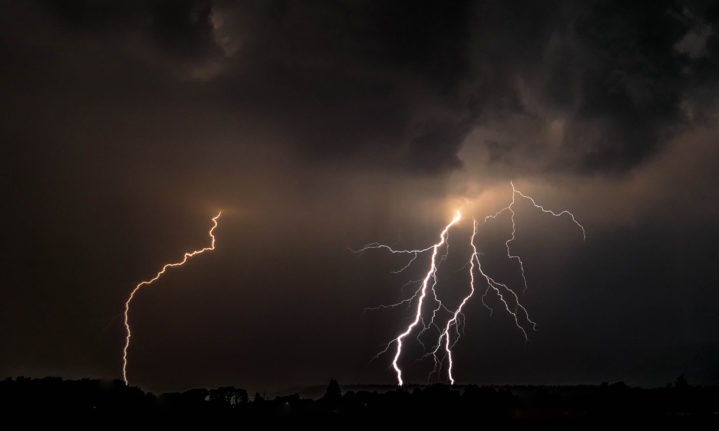The South African Weather Service launched a new weather radar at Skukuza in the Kruger National Park on Wednesday 14 August 2019, in a bid to provide early warning services, particularly for severe weather affecting vulnerable and weather-sensitive communities and industries.
The newly launched radar will assist in extending services to parts of Mozambique frequently affected by tropical cyclones and devastating floods.
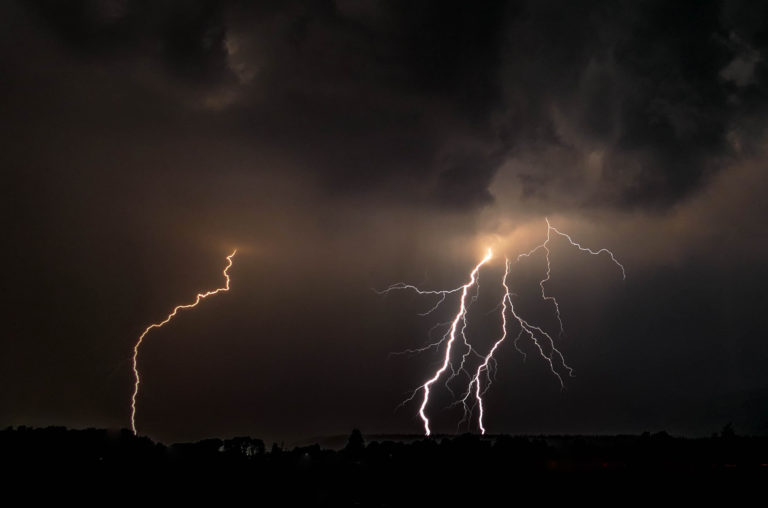
Image: Unsplash
According to the SA Weather Service, a weather radar (Radio Frequency Detection and Ranging) is a remote sensing system that detects and tracks the movement of objects such as clouds, their direction, distance and speed, as well as the presence of precipitation like rain, snow and hail.
The impact of extreme events, driven by climate change, on food security, health, water provision, sustainable development and the eradication of poverty is a cause for concern. The availability of such a strategic asset, providing information that can help in responding to these events, could be crucial in assisting in planning and adapting strategies for climate change.
The radar’s reach, which has a 200km radius, includes the Mpumalanga Lowveld, southern Limpopo, southern Mozambique and eSwatini (formerly Swaziland).
While the availability of radar will not prevent severe storms from happening, its strategic placement is expected to improve the Weather Service’s ability to provide relevant warnings to disaster management structures and communities ahead of time.
More information on the Skukuza Radar
The new Skukuza radar is based on a 1988 model radar, which according to the Weather Service, is still relevant today. While it has some limitations, this type of weather radar remains crucial for identifying and tracking the presence of weather targets in the atmosphere, especially severe thunderstorms. This radar could be functional for another 4 to 5 years before a complete replacement needs to be undertaken.
The new radar adds to the weather observations network of the SA Weather Service in the Kruger National Park.

